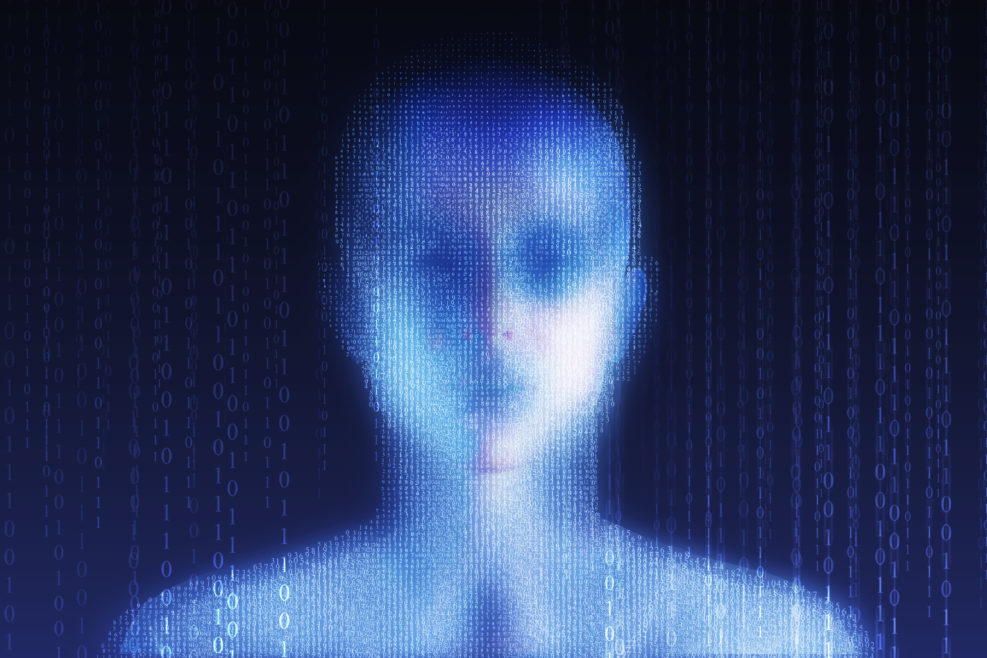
Hawaiʻi’s Indefinite COVID Lockdown: How Would an AI Rule?
The governor of Hawaiʻi claimed that legislation supported his right to extend draconian COVID lockdown rules indefinitely. Here’s a test for an AI law programSome people say artificial intelligence (AI) systems can become more intelligent, more intellectually capable, than humankind. After all, they say the AI “AlphaZero has taught itself chess from scratch in just a few hours and then went on to beat the world’s previous best chess-playing computer program.” AI already reads x-rays, drives cars, orders meals by phone, diagnoses skin cancer, and predicts the next movie hit. Some say AI will soon do legal analysis and make judicial decisions more accurately and fairly than humans can. Using a recent true case, let’s overview what it takes to write AI software that would analyze a statute. First, as in an appellate court brief, let’s set up the real life problem and the Read More ›


















